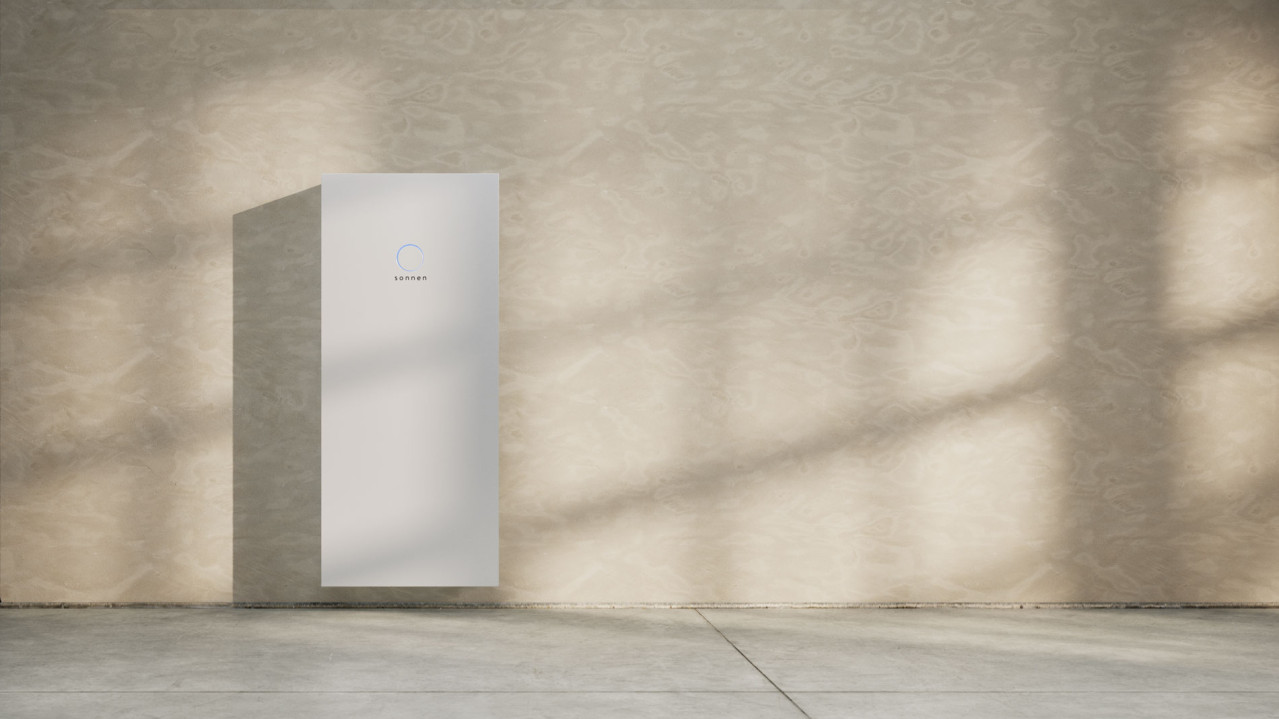
Can You Use Solar Batteries Without Solar Panels?
Is it possible to use a battery at home without having solar panels? Here we discuss the concept and the benefits of installing a battery without solar panels.
Can You Use Solar Batteries Without Solar Panels?
Most conversations around home battery storage have traditionally focused on pairing a battery with rooftop solar and storing the excess energy generated during the day for use at night. As this has long been the default conversation around home batteries and solar, many Australian homeowners aren’t aware that a battery can be used independently of panels. So, how can you have a home battery storage system without solar panels?
Instead of capturing energy from the sun via the photovoltaic (PV) panels on the roof, the battery captures power from the grid where it’s stored for later use, for example, during peak times when grid power is most expensive. Additionally, using a battery independently of solar panels also enables the storage of energy for use during power outages, an issue many Australians are increasingly affected by. While there are bigger and more widespread benefits to using a home battery with solar panels, if installing rooftop solar isn’t possible or you’re considering installing a battery now and panels later, you’ll find that home battery systems can be highly effective and offer a range of benefits even without a solar source.
Why install solar panels without batteries?
The primary reason why homeowners choose to install a home battery without solar panels is because they’re not a viable option. This is usually due to reasons such as:
- Roof orientation, design, shade or obstructions – As the more directly panels face sunlight, the more energy they produce. Some households may find that due to roof orientation solar panels may not generate enough electricity for their needs, but the primary issues are roof design and obstructions that limit sunlight exposure.
- Apartment or strata limitations – Most home batteries are installed in detached houses, but it’s possible to install a battery in an apartment (where owners generally lack access to their roof) or in a townhouse where strata and body corporate limitations may prevent homeowners from installing a rooftop solar system.
- Zoning or legal restrictions – This consideration doesn’t affect most homeowners looking to install rooftop solar, but some have found that there can be a lot of red tape involved in getting a larger rooftop solar system approved. Most homeowners will find their intended system meets ‘pre-approval’ limits in their specific area, but be sure to check if you’re planning to install a larger rooftop solar system at home.
- Lack of roof space – With the average roof size in Australia around 180-220m2, most Australian homeowners won’t find that they’re affected by a lack of roof space to install rooftop solar. However, some may find that due to issues discussed above, for example, the design of their roof and obstructions that cast shade, they have limited usable roof space to install a rooftop solar system that proves cost-effective.
So, these are the most common reasons why homeowners install solar batteries, but what are the benefits of using a home battery without a rooftop solar connection?
The benefits of solar batteries – without solar panels
Pairing a home battery with solar panels enables households to generate and use the cheapest electricity it’s possible to get, but there are still benefits to installing a battery without a solar energy source. The top reasons driving home battery installations without solar energy connections include:
- Backup power during a blackout – One of the primary reasons for installing a battery without solar is to provide backup power during a power outage. With many homes increasingly at risk of blackouts caused by natural disasters, batteries provide reliable backup power that’s cleaner and quieter than alternatives like generators.
- Save money – There are many opportunities to save money with a battery, primarily by charging the battery during low-demand periods (daytime) and using the stored energy during peak-rate periods (night). This is known as ‘peak time shaving’ and it’s an effective way to avoid costly peak demand charges and lower your energy bills.
- Contribute to a more secure grid for the benefit of the community – By installing a home battery, you can make a positive contribution to your community by reducing stress on local electricity infrastructure during peak demand periods. This helps to balance supply and demand and reduces the likelihood of brownouts or blackouts.
- Prepare for future electricity rate increases – Electricity prices nationwide have gone up considerably over the last few years and further electricity rate increases are inevitable. Installing a home battery – even without a solar connection – helps to lower exposure to rising energy costs and contributes to energy independence.
As you can see, there are more reasons for installing a home battery independently of solar panels than financial benefits alone, with accessing backup power during blackouts and helping the local electrical grid manage peak demand periods providing compelling reasons for Australian households to install a battery without a solar connection. What’s more, as the focus of a battery-only installation is on the battery and inverter, it’s a simpler and more cost-effective installation process than a full installation with rooftop solar panels.
Adding solar panels later
If you’re wondering if you can add solar panels to your battery at a later date, the answer is ‘yes!’, home battery storage systems are designed to be ‘solar ready’, which enables you to add solar panels to an existing grid-connected battery system. While there are differences in the installation process when installing a battery without solar panels, notifying the installer of your intention to install solar panels at a later date helps to ensure both installations – the installation of the battery and the future installation of solar panels – and the connection between the rooftop solar and the batteries goes smoothly.
When installing solar batteries prior to solar panels, there are some key considerations to bear in mind. The most important of these are ensuring inverter compatibility with your electrical system and appropriate battery capacity – based on what your energy consumption and backup power needs will be when you install rooftop solar. Learn more about installing home batteries in our article, ‘Solar battery installation process’.
Home batteries provide bigger and better benefits with panels, but with rising energy costs and increasing energy insecurity among other factors, solar batteries are an increasingly viable option for households that either can’t have panels or haven’t installed them yet. However, if your home has a roof that’s suitable for installing solar panels, get solar first.
You’ll find that combining solar with a battery provides far better returns than installing a battery alone and will improve its payback period, which can be further lowered by taking advantage of the home battery schemes and rebates available in your state or territory.
Join the thousands of Australian households who’ve installed a solar battery and open the door to a more cost-effective and energy-independent future. To get started on your journey to energy independence today, explore the sonnen range or use our free online energy savings calculator to see your estimated savings over a 10-year period.
*sign-up bonus not available in NT or WA.







